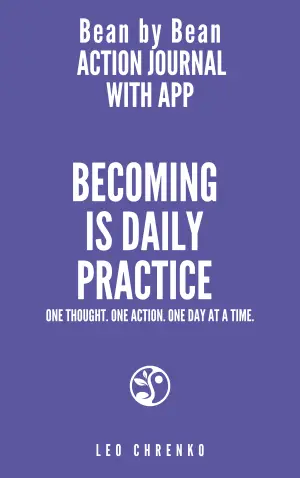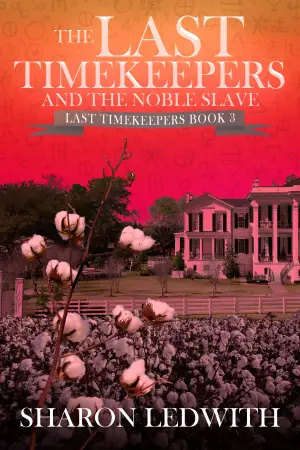Review of These Vengeful Gods
by the incredible author, [Author’s Name]
From the moment I stumbled upon These Vengeful Gods, I was captivated—not only by its striking cover but also by the gripping premise of self-discovery and hope wrapped in a tapestry of despair. In a time when our world feels increasingly dystopian, this book promises an insightful journey through trauma and resilience, and I couldn’t resist diving in.
At its core, These Vengeful Gods grapples with heavy themes of survival, family, and the societal structures that penalize vulnerability while rewarding self-interest. The protagonist, Crow, is a beacon of tenacity amid overwhelming odds. Having faced the devastating loss of his father and the harsh realities of an emotionally abusive upbringing, Crow’s journey towards self-acceptance and love was both heartbreaking and uplifting. I found myself rooting for him and his ragtag crew of friends, frenemies, and family with every turn of the page.
One of the most touching aspects of the story is the relationship between Crow and Lark. Their dynamic oscillates between playful antagonism and deep emotional support, providing both comic relief and heartfelt moments. I adored how Lark instinctively knows how to calm Crow during his anxiety attacks, and the way they eventually confront their feelings was simply exquisite. The line, “I don’t think I’m better than you, I know you’re better than me,” resonated deeply with me; it encapsulates the essence of their bond and the respect they share.
The world-building in this novel is outstanding. The magic system is meticulously crafted, with the gods portrayed more as political figures than divine beings, which adds a fascinating layer to the narrative. The history behind the gods and their children unveils a backdrop fraught with tragedy and irony; it’s a powerful commentary on how fear can lead to one’s downfall—if the gods hadn’t intervened so cruelly, who knows how long they could have maintained their control?
As for the Tournament of the Gods, it serves not just as a plot device but as a metaphor for breaking barriers. Crow emerges as a symbol of hope and resistance, galvanizing those from the Shallows who have long been marginalized. In a world that sometimes feels too close to our own, this story is a reminder that our struggles are shared and that it’s never too late to fight back.
Yet, despite its darker moments, the book is laced with humor, warmth, and moments of pure joy. From Crow’s kitten, Mouse, to the heartwarming camaraderie among friends, these elements remind us that even in despair, light can still shine through.
I wholeheartedly recommend These Vengeful Gods to anyone looking for a poignant exploration of identity, love, and community—especially to those who enjoy stories brimming with depth and emotional richness. This book had a profound impact on me, serving as a gentle reminder that even amidst chaos, hope can take root and inspire change. It was released just yesterday, and I encourage you to pick it up from your local library or favorite bookstore. Trust me, it’s a journey worth taking!
Discover more about These Vengeful Gods on GoodReads >>






